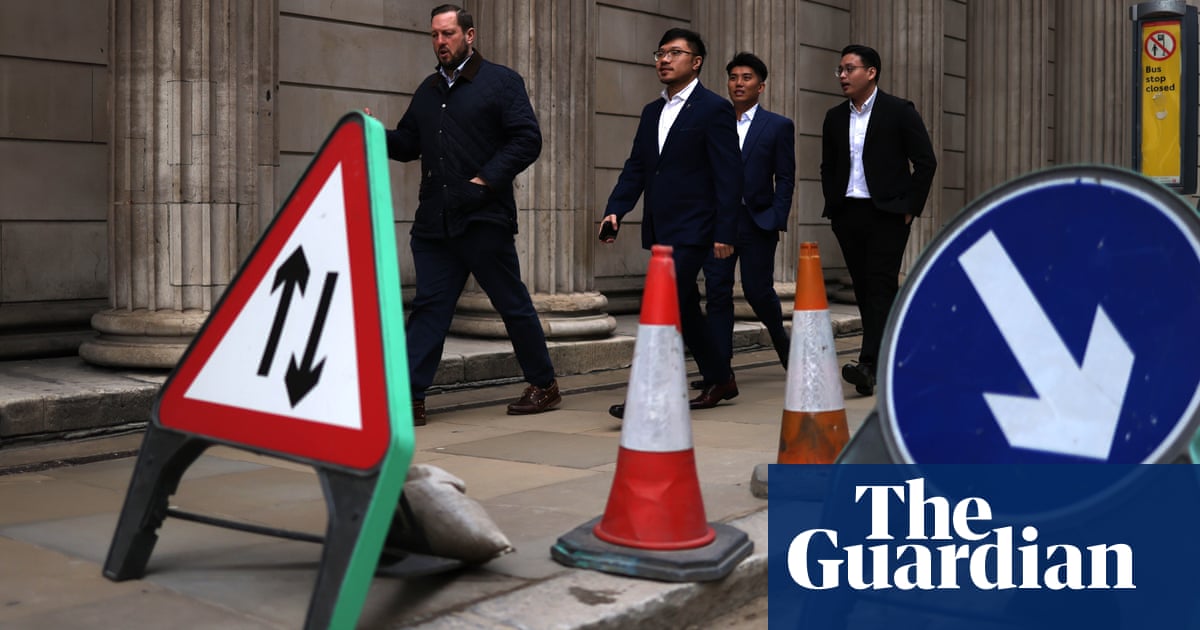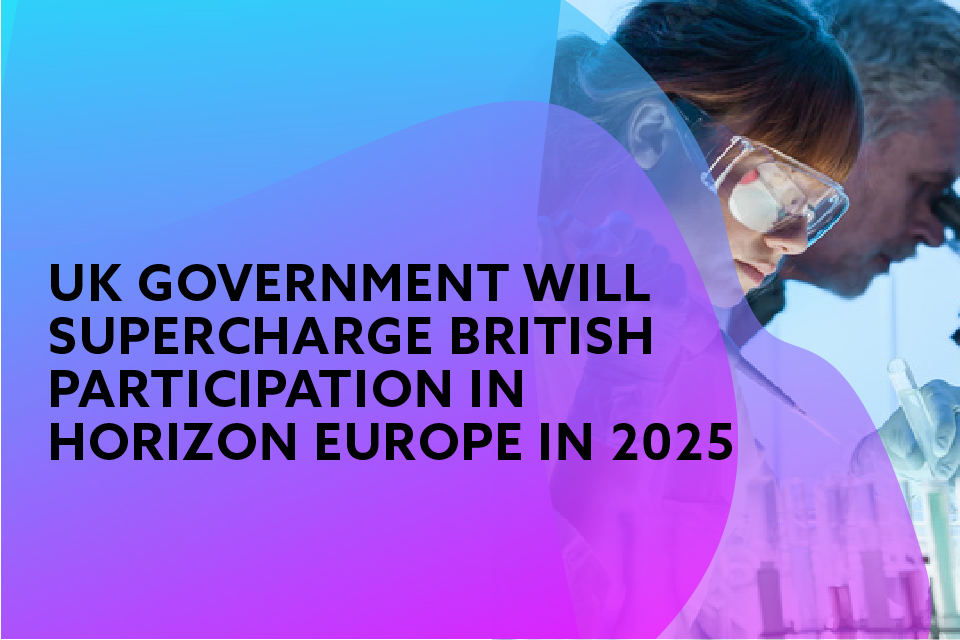The UK economy is climbing again – but the road ahead looks rocky

- by Admin
- March 13, 2024

Britain’s economy is on the road to recovery. After a dismal end to last year as soaring living costs forced households to cut back their spending, official figures show growth returned in January with a modest 0.2% increase.
The early signals show that the UK is on track to emerge from a minor recession within months, powered by a recovery in consumer spending amid resilient pay growth and receding inflation. But that isn’t to say the economy is racing ahead, or that a renaissance in living standards awaits.
While the figures appear positive at first glance, the broader picture is still one of relative stagnation.
Over the three months to January, GDP fell by 0.1%, while the economy still remains smaller than when Rishi Sunak became prime minister in late 2022. Growth has been near zero since, output per head remains lower than pre-pandemic, and real wages are still worth less than in 2008.
After January, two more months without sharp falls in GDP will be required to complete a full quarter of economic growth, fulfilling the technicality required for the country to escape recession. Economists at the consultancy Capital Economics reckon monthly declines of more than 0.3% in February and March would be needed to ensure another negative quarter. This appears unlikely, as surveys of private sector business activity and consumer confidence identify.
Official figures for the quarter are, however, not due until 10 May, meaning the prime minister is more than likely to fight the local elections on 2 May – which is also a potential date for a national poll – with the economy still technically in recession.
There are reasons to suggest the economy has turned a corner. Inflation has fallen back from more than 10% a year ago to 4%, while wage growth remains resilient and unemployment low. Households are poised to benefit from a reduction in energy bills from April, when Ofgem lowers its price cap, while Jeremy Hunt cutting national insurance in last week’s budget offsets broader tax increases.
There are hopes that the Bank of England will begin lowering interest rates from the summer, with financial markets betting on a first cut from as early as June or August. Much will depend on the resilience of the jobs market, wages and prices in the service sector.
However, economic growth is expected to remain relatively low this year while households continue to adjust to a significantly higher cost of living than was the case before the inflation shock. The outlook for fixing longstanding productivity challenges – a major roadblock to stronger economic growth – also remains bleak amid a sluggish outlook for business investment and weaker public sector investment.
after newsletter promotion
At best, the Office for Budget Responsibility, the Treasury’s economics watchdog, expects GDP growth this year of 0.8%. The Bank of England is more pessimistic, with a forecast of 0.25%. Both figures are historically lacklustre, ranking significantly below the annual trend growth between 1998 and 2007 of 2.75%, and of about 2% in the decade before the Covid pandemic.
The exit from a shallow recession will come as a welcome, more than likely, development. Escaping stagnation will be altogether a tougher challenge.
The Latest News
-
January 4, 2025UK snow: Travel chaos erupts as flights suspended and diverted from major UK airport due to ‘heavy snow’
-
January 4, 2025Illegal migrants buying fake UK passports before they travel to Britain
-
January 4, 2025Elon Musk attacks PM Keir Starmer over ‘Pakistani rape gangs’, UK responds
-
January 4, 2025UK weather live: Amber warnings in place as snow and freezing rain hits Britain
-
January 4, 2025New map shows parts of UK to be ‘cut off’ by 30cm barrage





